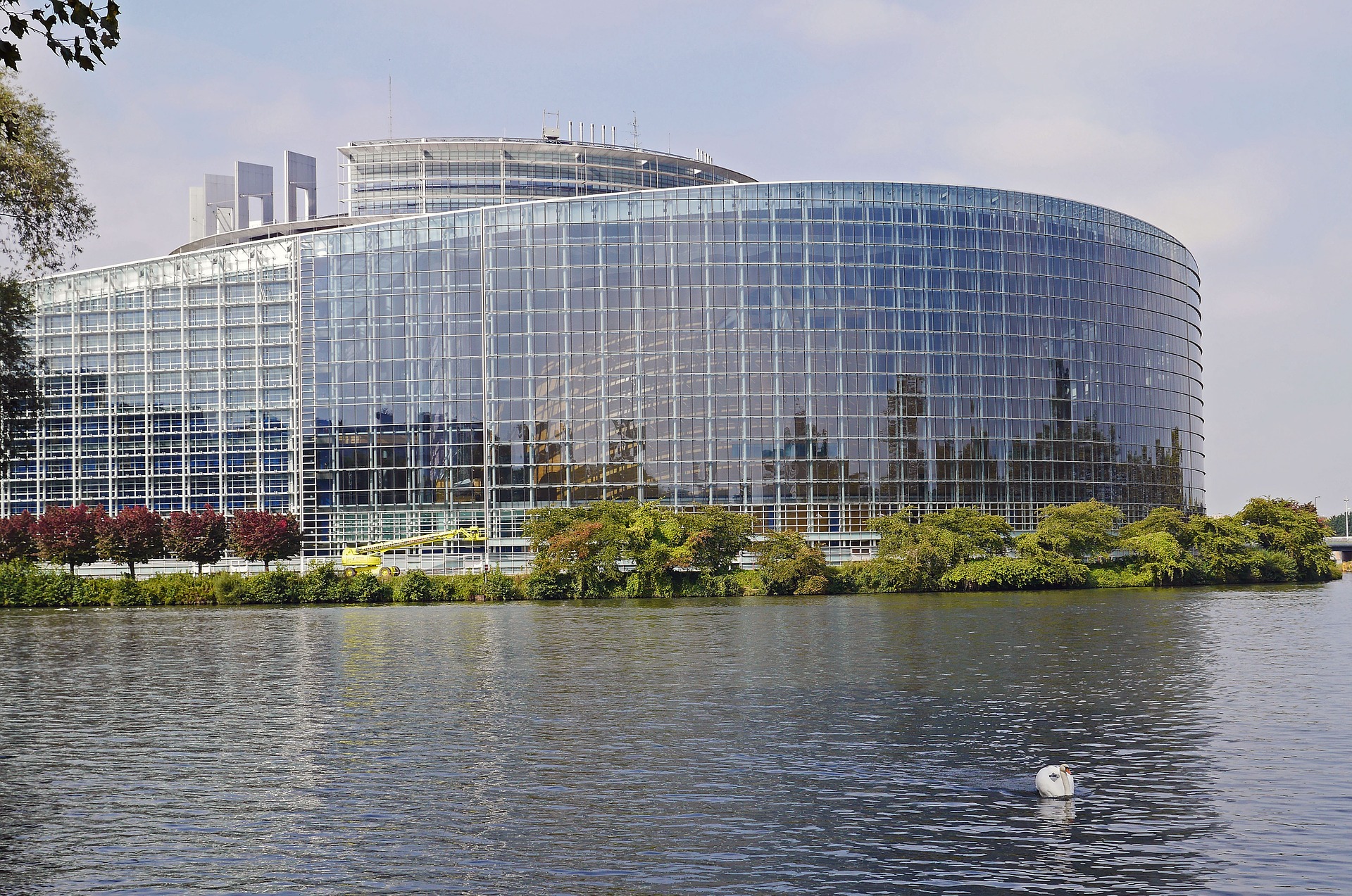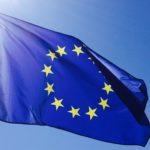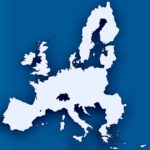In May this year we will be asked to vote for the European elections.
By Milena Parotti / 13.03.2019
What exactly are we going to vote for? We will elect 705 MEPs for the 2019-2024 legislative term of the European Parliament, divided according to the population of each country. In this moment the MEPs are 751, among which is the President who during this legislative term has been the Italian Antonio Tajani. However, their numbers will be diminished in May because of Brexit. Every country of the European Union will vote between 23 and 26 May with its own electoral system. For instance, France has a proportional system with a 5% threshold for the allocation of seats, while Germany has a proportional system without a threshold¹. When a country has a threshold, the parties that do not achieve that limit on a national level can not enter the European Parliament.
Basically, what is the European Parliament? It is an institution of the EU, like the European Commission, the European Council and the Council of the European Union. However, unlike the other institutions, the European Parliament is the only one which is elected directly by European citizens. Broadly speaking, the European Commission proposes new laws, the European Parliament and the Council of the European Union pass them and finally all the Member States and the EU institution or institutions concerned apply them. The European Parliament meets in Strasbourg and Brussels and its tasks are the following: it agrees on/modifies/rejects the legislative proposals of the Commission, takes decisions with regard to international arrangements and with regard to the accession of new countries to the EU, elects the President of the European Commission and reviews its work programme. Thanks to an initiative of the Italian Representation to the European Parliament in order to dispel myths, now we know that the EP costs to each one of us 3.96 euros per year, the equivalent of a sandwich. In fact, the EP budget is 1.999 billion and the EU has about 504 million citizens, which means that maintaining the European Parliament costs not even 4 euros for each European citizen².
Who can we vote for? The MEPs are not divided according to their nationality, but on the basis of political affinity. Now there are 8 European political groups, which are composed of at least 25 people and represent at least a quarter of the Member States. The two largest groups are the “European People’s Party” and the “Progressive Alliance of Socialists and Democrats”. The first one is a right-wing group, while the latter is a centre-left group. The other European political groups are: European Conservatives and Reformists, Alliance of Liberals and Democrats for Europe group, Confederal Group of European United Left–Nordic Green Left, Greens–European Free Alliance, Europe of Freedom and Direct Democracy, Europe of Nations and Freedom.

European Parliament in Strasbourg
The European Union can appear to someone as a far away entity, to the extent that we could wonder what the European Union does for us. The work of the European Union concerns several fields, among which we find the environment, security, energy, employment, instruction and many more. However, the initiatives of the European Union in particular are countless. That’s why we have the web portal What Europe Does For Me, a very simple website that illustrates step-by-step how the EU affects our everyday life. The website is divided in three sections: 1. “in my region”, 2. “in my life”, 3. “in focus”. For instance, I found out that in my region the EU is “contributing 76 million of euros to a project for improved energy efficiency in public buildings”. Moreover, you can find in section 2. “in my life” information about the European projects for students, workers, families, people with disabilities, sportspeople, tourists and much else. There is also a section concerning the “Consumers of chocolate”, in which you can read that “EU legislation […] encourages production of high-quality Chocolate. […] Various EU standards limit pesticides and other pollutant residue levels allowed in foodstuffs, minimising the risk for consumers”. Well, there is something for everyone!
There’s only one thing we should do at this point: to vote and to explain to the people around us why it is important to vote for the European elections. Several initiatives have been undertaken in order to simplify this process. One example is the project “Yvote”, that aims at increasing the involvement of young people with the democratic processes of the European Union. Yvote collaborates with several European associations and has organized conventions throughout Europe (Düsseldorf, Tartu, Utrecht, Sofia and Turin).
#StaVoltaVoto, also known as #ThisTimeImVoting, #EstaVezVoto, #DiesMalWaehleIch and so on, comes directly from the European institutions. It is an instrument that allows us to participate to events concerning the elections and above all it is a way to persuade everyone to vote, because “if everyone votes, everyone wins”.
Note:
¹ Source: https://www.repubblica.it/dossier/politica/elezioni-europee-2019-ue-23-26-maggio/2019/01/24/news/elezioni_europee_2019_come_si_vota_in_italia_e_in_europa-217085030/
² This campaign has been carried on by the Twitter account @PE_Italia by using the hashtags #facciamochiarezza and #BilancioPE
If you want to find out more:
https://what-europe-does-for-me.eu/en/home
http://publications.europa.eu/webpub/com/eu-what-it-is/en/
(IT) http://www.ansa.it/europa/notizie/europarlamento/news/2018/10/08/eurocamera-costa-meno-dun-panino-lanno-a-europei-_535050c9-b336-46ee-9f0a-a9ffbd25efb3.html
http://www.europarl.europa.eu/about-parliament/en/organisation-and-rules/organisation/political-groups
(IT) https://www.repubblica.it/dossier/politica/elezioni-europee-2019-ue-23-26-maggio






Recent Comments